





Abstract
The Earth is changing; our environment is dying. However, the planet will remain and it will be us that will be exterminated. The need and importance of planet protection actions are extremely evident. We must preserve our environment. Every one of us needs to take on the task of protecting the environment.
If one of the primary roles of education is to equip people with the knowledge to make a positive difference in society, why is this topic most often left to a smaller group of activists? Why is planet protection still underestimated to the point it is not included in schools’ curricula?

Introduction
Environmental issues are defined as problem related to the planet’s systems (air, water, soil, etc.) that have developed as a result of human interference or mistreatment of the globe, therefore Planet protection is the union of all the necessary procedures aimed to set an equilibrium between the planet capacities and human needs.
The third decade of the 21st century has begun and the environmental challenges we have ahead of us, set out in the UN’s 2030 Agenda for Sustainable Development, are many. The global plan of action adopted in 2015 puts forward specific measures to achieve a world that is fairer, more prosperous and more respectful of the environment within 8 years. In this regard, the UN itself warns that we are running late, bringing the question: will we have the time to do anything significant about it?
Being environmentally aware means understanding how our behaviour impacts the environment and committing to making changes to our activities to protect the planet. The environmentalist movement in recent decades has prompted many people to make both minor and substantial lifestyle changes to live in a more environmentally friendly way.This thanks to a wise usage of the biggest world net humans have, mass media. Activists and academics from all around the world had the opportunity to inform and influence positively more people about Planetary issues, unfortunately still not all.
Researching about the topic, the first thing that catches the eye is that many websites related to Planet Protection and environmental issues mention the sentence “educate yourself”, and few researches are related to schooling adaptation of curriculum towards environmental awareness. This can easily make us question why a topic concerning the extinction of mankind is left on our shoulders.



Environmental Awareness
A brief history of Environmentalism
Awareness of our delicate relationship with our habitat likely arose among early hunter-gatherers when they saw how fire and hunting tools impacted their environment. Anthropologists have found evidence of human-induced animal and plant extinctions from 50,000 BCE, when only about 200,000 Homo sapiens roamed the Earth. We can only speculate about how these early humans reacted, but migrating to new habitats appears to be a common response.
Ecological awareness first appears in the human record at least 5,000 years ago. Vedic sages praised the wild forests in their hymns, Taoists urged that human life should reflect nature’s patterns and the Buddha taught compassion for all sentient beings.
In the Mesopotamian Epic of Gilgamesh, we see apprehension about forest destruction and drying marshes. When Gilgamesh cuts down sacred trees, the deities curse Sumer with drought, and Ishtar (mother of the Earth goddess) sends the Bull of Heaven to punish Gilgamesh.

In the Mesopotamian Epic of Gilgamesh, we see apprehension about forest destruction and drying marshes. When Gilgamesh cuts down sacred trees, the deities curse Sumer with drought, and Ishtar (mother of the Earth goddess) sends the Bull of Heaven to punish Gilgamesh.

In ancient Greek mythology, when the hunter Orion vows to kill all the animals, Gaia objects and creates a great scorpion to kill Orion. When the scorpion fails, Artemis, goddess of the forests and mistress of animals, shoots Orion with an arrow.
Some of the earliest human stories contain lessons about the sacredness of wilderness, the importance of restraining our power, and our obligation to planet protection.
Climate change? No, thanks.
“Climate change denial is in some ways a new mental process for psychologists to understand. Of course, the concept of denial itself is well understood. Psychologists consider denial—the refusal to accept facts in order to protect us from uncomfortable truths—to be a primitive defence mechanism.
But despite the fact that psychologists know a lot about denial, they have never had to face denial on this scale before. Millions of people share the phenomenon of climate denial. This is clearly not something that is amenable to individual or even group psychotherapy.” (Gorman, Gorman, 2019)
As we have seen, environmental issues have always been part of the conscience of some, but now that the brink is so close, what causes the indifference of the rest?

Greed first of all
Certainly it is easier to explain the side of them that are mainly responsible for environmental problems, large corporations and companies that have built their empire on fossil fuels and that inevitably commit to planet protection actions would mean losing the profit. As such this deliberate denial is similar to what brings ordinary people to show indifference towards the topic, turn the our lifestyle to green is often expansive (considering the market prices, ecological products cost more), it require us to jump out the comfort zone we have been creating in the society of consumers where fast and cheap are priority.
We are not anymore able to see long term effects of our behaviour: investing in the planet’s protection would bring positive effects in the future, but the focus is on what it takes now, in the present, seems like a big sacrifice. Hope for a better future is not a profitable investment.

Apathy, ignorance and technological utopianism
Most of the time the climate catastrophes are just another news in the TV and mostly concerning countries, whose geographical position is not even known by the majority of deniers. This leads to the popular and safe opinion that environmental issues are someone else’s problem, far from my busy life, which is already full of uncertainties and obligations.
Technological utopianism: the world we’ve always dreamt about is at hand. An easier life in a perfect society is possible, and science is the key to reach it. Pared to the bone, this is the main belief of Technological Utopianism, an ideology built on an ironclad faith in technology and its ability to solve any kind of problem, which would enable people to live in a sort of utopia. In other words, let someone or something else fix our struggles.
“Nevertheless, there are at least two psychological reasons that encouraging people to adopt climate-protecting activities in their daily lives may help promote action on the larger scale needed. First, denial is a response to something we fear, and we know from animal and human studies that fear induces freezing and passivity. But studies also demonstrate that giving a fearful animal or human a task that even symbolically addresses what is feared can minimise freezing and promote action. Thus, recommending tasks that we can perform in our daily lives may help us overcome our feeling that mitigating climate change is a hopeless enterprise and motivate us to join the voices insisting on ending burning fossil fuels.” (Gorman, Gorman, 2019)
Education and planet protection
When 15-year-old Greta Thunberg started a school strike in Sweden in 2018 to draw attention to the climate crisis. For the first time, children and teens demanded climate action.Ever since, children have been taking centre stage in the fight against a rapidly warming world. Bigger is the pressure on schools to add climate change to their curriculum.
International bodies and pressure groups are calling for climate change studies to become a standard part of the school curriculum worldwide, saying the step is vital to reach targets on cutting greenhouse gas emissions.
The United Nations Education, Science and Culture Organisation, UNESCO, said in May 2021 that environmental studies should be standard teaching in all countries by 2025.New Zealand and Italy have already introduced climate change studies into the secondary school curriculum and Britain said at November’s COP26 summit that a climate change teaching strategy was on the anvil.

Conclusion
The UN agreed to have only a few years until 2030 to change the entire world production system based on fossil fuels to a zero carbon emission. Eight years to find solutions, innovations and alternatives, a critical moment for all of us where the destiny of mankind will be decided over the choices we are making.
In order to finalise this “mission impossible” we should use all we have at our disposal, and fresh new brilliant and environmentally aware new generations is one of the sectors to invest. Even if this process is slowly taking place, the choice to introduce Planet protection subject in school only in 2025 – three years from now, five years before the no turning point – is incredibly shameful.
In a world too confused, busy or simply too afraid to acknowledge the truth and admit our faults, the destiny of our planet is left to activists who fight every day – even against the law: because yes, who now is acting for the protection of the planet is often beaten up, fined or arrested.
But activism can be found in everyone able to do something without losing faith.
My thought goes to everyone who still shares hope, especially teachers that anyway and anyhow keep believing in educating for a better future.

This article was originally written as an exam product by Rocco, one of our students, under the subject of Teachers’ Ethics and Planet Protection. Read more about our curriculum here.
Teachers' Ethics and Planet Protection
Teachers’ Ethics and Planet Protection is one of the subjects our students encounter throughout their programme at DNS. The subject touches various topics related to the current environmental crisis and brings up a reflection on what is the role of teachers, students and educational institutions in this regard.
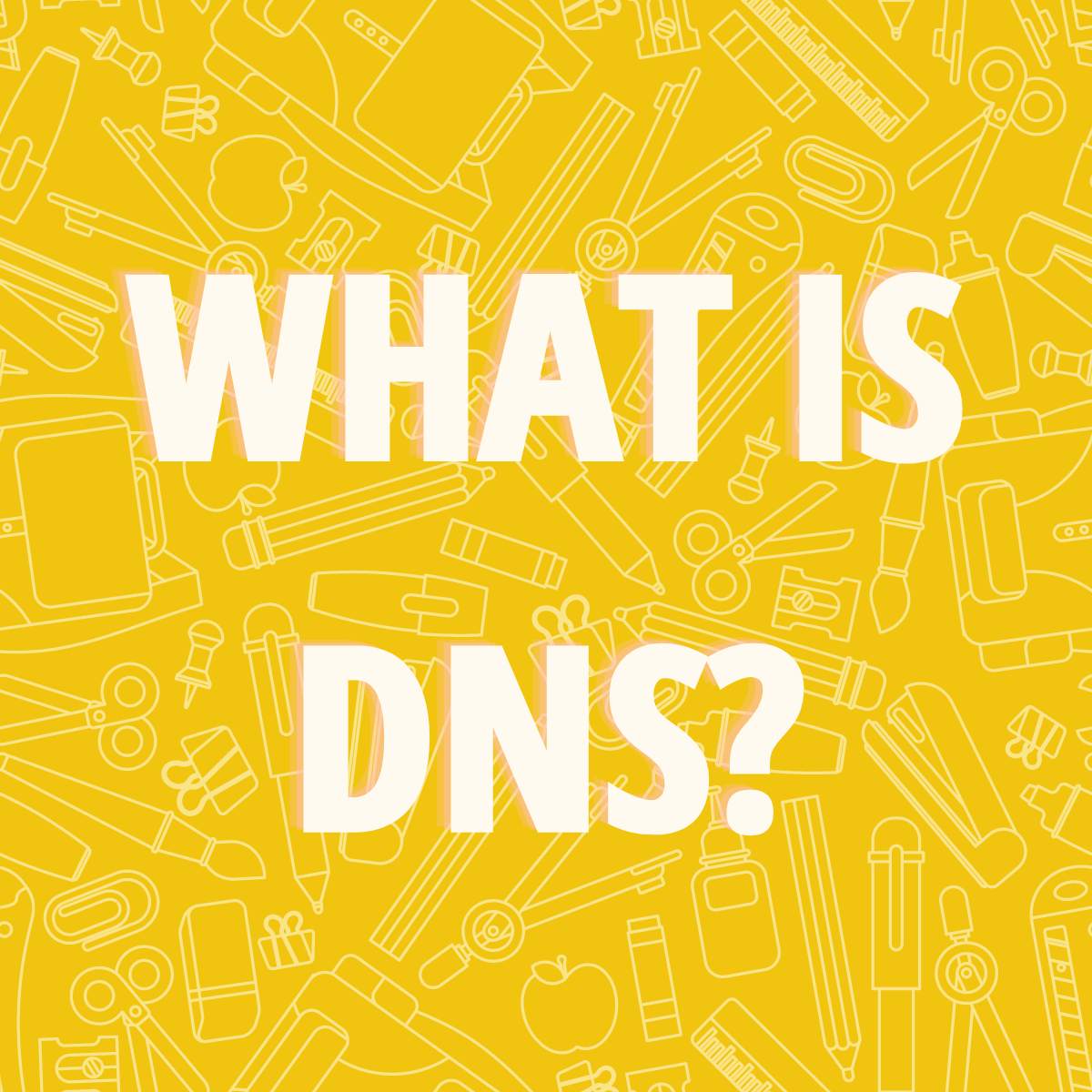
What is DNS?
“The Necessary Teacher Training College” is an alternative higher education aiming to train progressive personalities who are able to understand and respond to the many challenges of our times. Based in Denmark, our 4-year Bachelor Programme aims to enable its students to become global citizens and proficient educators, able to act and meet the challenges of the future.
Since DNS was established in 1972, over 1.000 graduates have played an important role in bringing equitable quality education to children and youth, as well as in all sorts of other projects and development programmes worldwide.

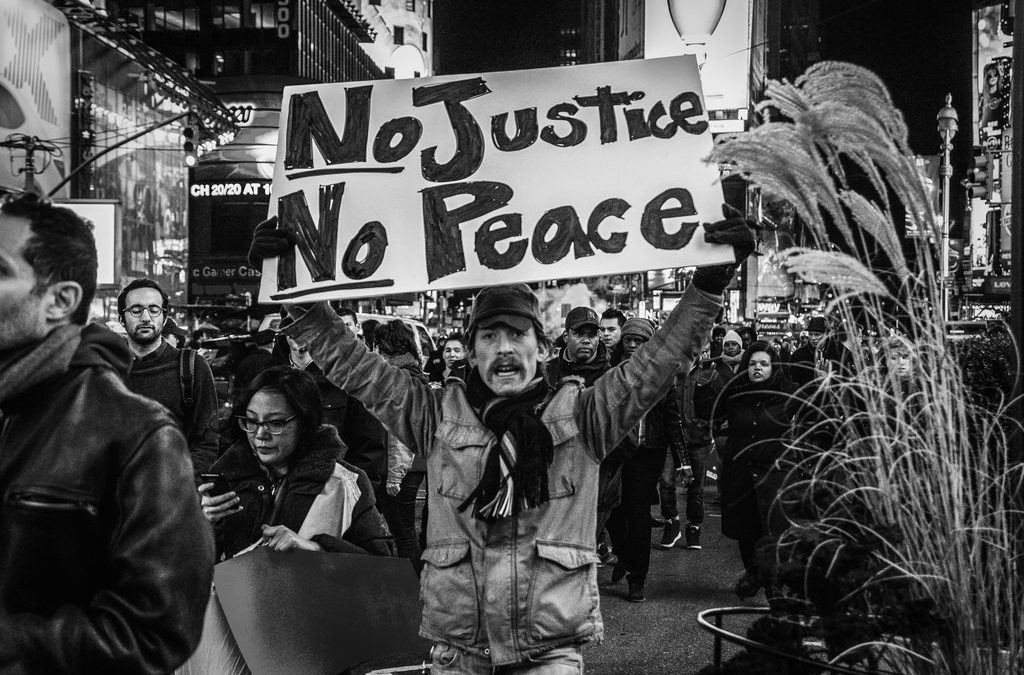
Peace Justice
We create peace, when we fight prejudice and stereotypes, when we build bridges between each other. We create peace, when we liberate, emancipate ourselves from oppression. No peace without justice.
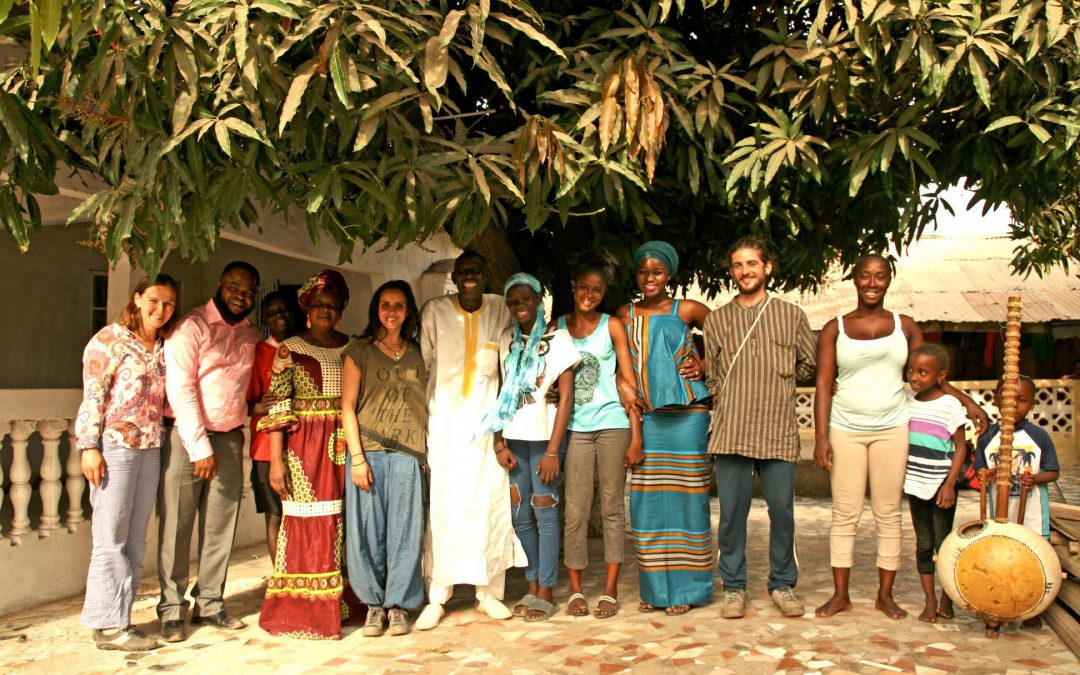
Meeting a modern mandinka griot
Our mission is to meet people and learn about their reality and culture. Passing trough The Gambia we visited modern griot Alagi Mbye and his family to talk about mandinka culture.
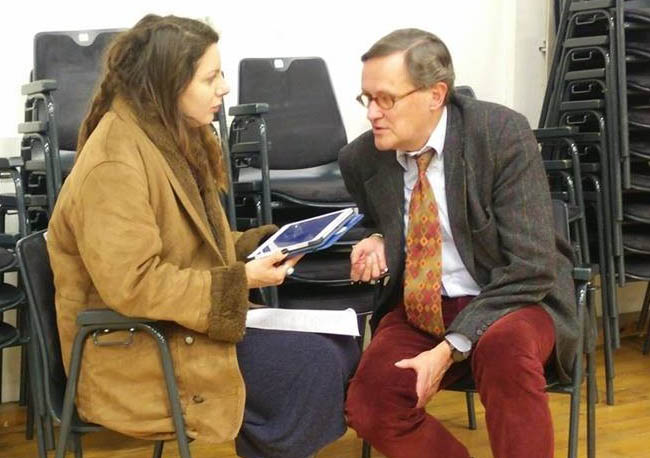
Interview with Jan Øberg
Indré had the chance to conduct a short interview with him about the situation in Syria, the lack of insightful media coverage and the collapse of the United States of America.


Let’s start a discussion!
Did you like this article? Let us know what you think in a comment!
“My thought goes to everyone who still shares hope, especially teachers that anyway and anyhow keep believing in educating for a better future.”

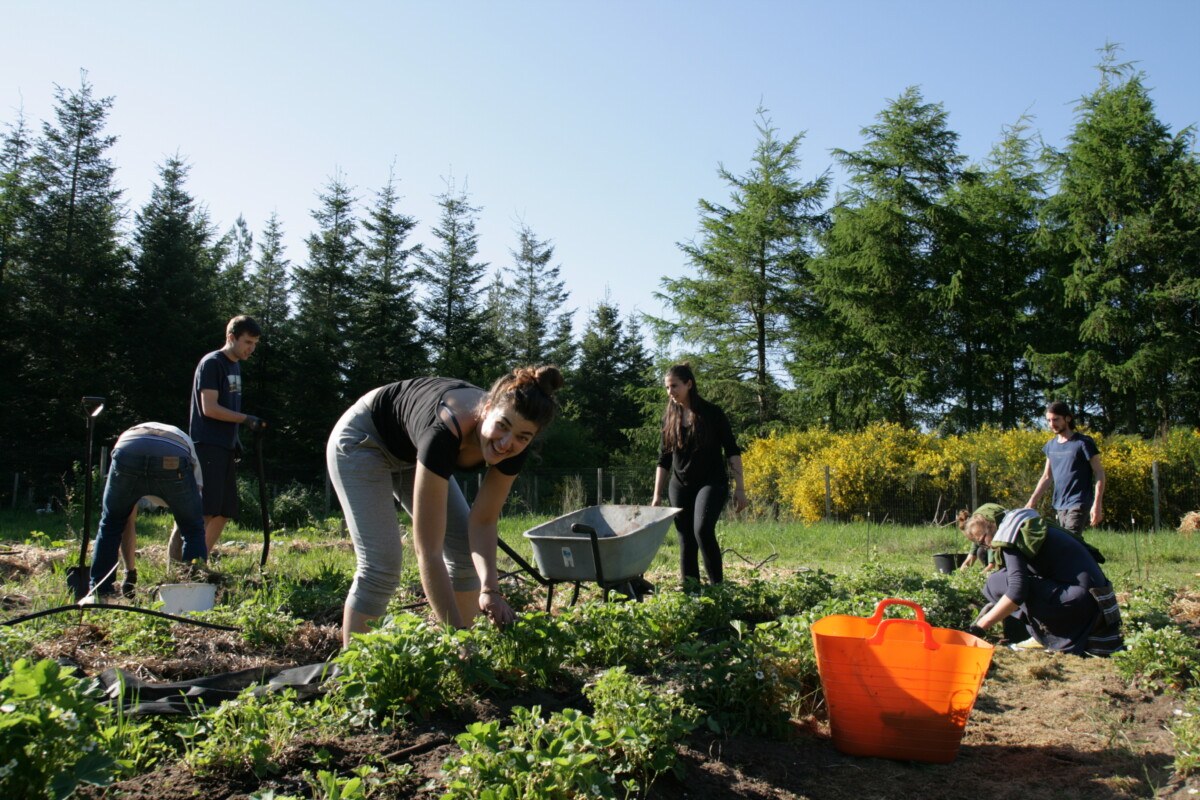
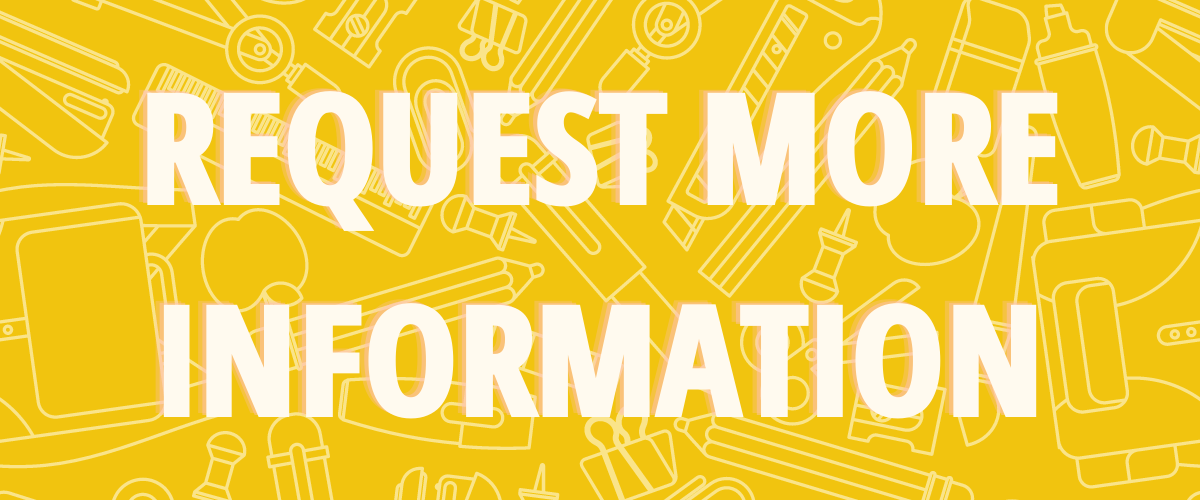


0 Comments